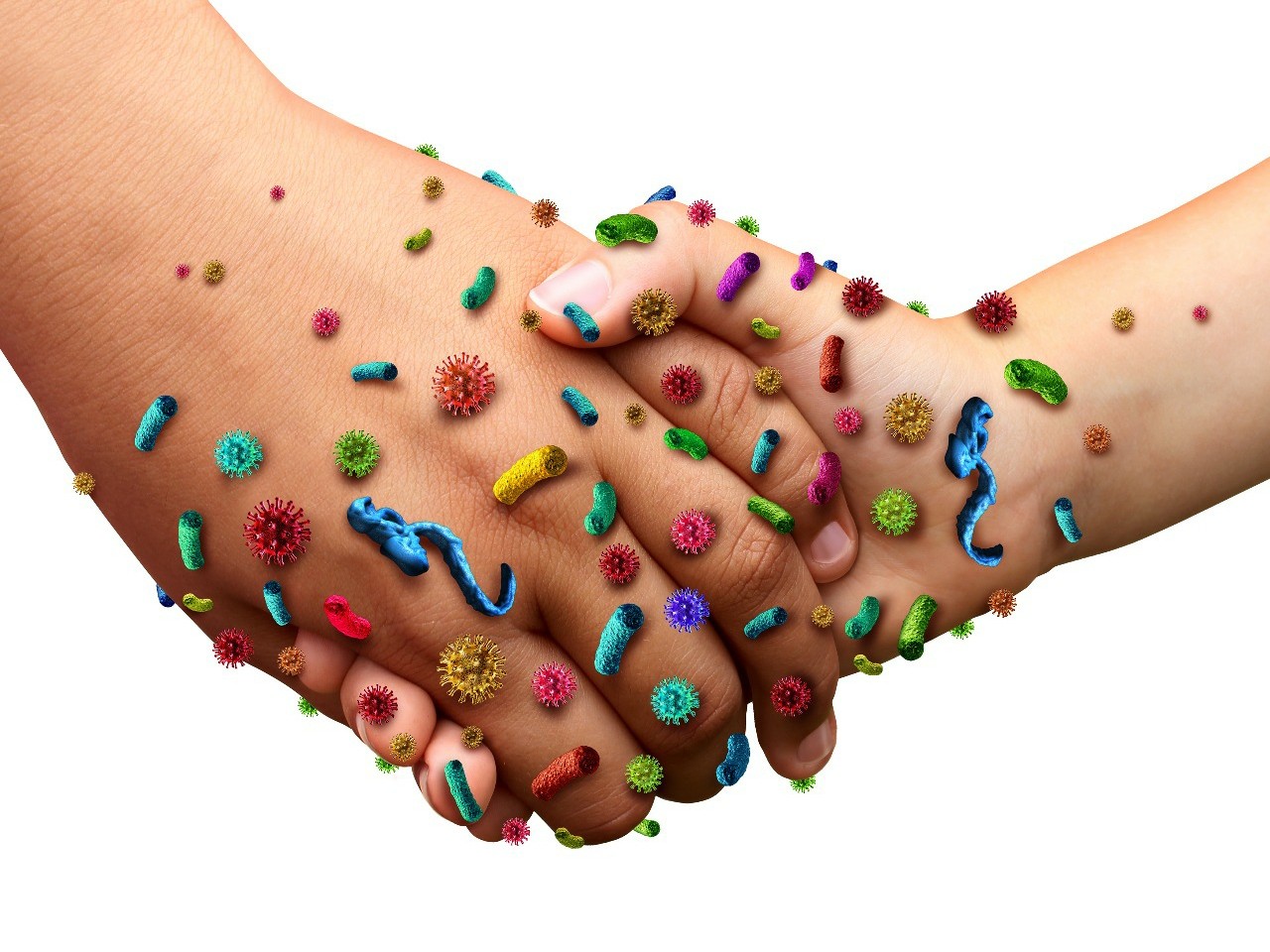Popular Reads
Top Results
Can't find what you're looking for?
View all search resultsPopular Reads
Top Results
Can't find what you're looking for?
View all search resultsDisgust keeps people alive: Study
Humans have survived throughout centuries partly because of disgust.
Change text size
Gift Premium Articles
to Anyone
B
ugs, dirt and runny noses are things that might make you squirm, but according to a new study, it is this feeling of disgust that enables people to avoid disease and infection for centuries.
"Disgust evolved to protect us from disease in our ancient past. The disgust response today may, or may not, be a good guide to what might make us sick today," said Val Curtis, the lead author of the study and director of the Environmental Health Group of the London School of Hygiene and Tropical Medicine.
The study identified six basic triggers of disgust through studying 2,500 participants’ responses to 75 everyday scenarios. The participants then rated their response on a scale from "no disgust" to "extreme disgust". Infected, pus-producing wounds were found to create the most disgust, while personal hygiene gaffes, such as body odor, ranked second.
The six triggers were found to be: poor hygiene; disease-carrying animals/insects; promiscuity; atypical appearance (body deformities along with behavioral irregularities, such as coughing); lesions, blisters, boils or pus; and spoiled food.
Read also: How often you should wash bed sheets?
Curtis plans to use these findings for good, saying that, “We are using disgust in behavior change campaigns, for example to get people to build toilets and wash their hands with soap in countries like India and Tanzania."
"Disgust, as a phenomenon, has gained a lot of attention in the past decade," said Jana Schaich Borg, an assistant research professor at the Duke Institute for Brain Sciences. "Intriguingly, that network [triggered by “disgusting” stimuli] seems to overlap with the brain regions involved in both empathy and judging an act to be morally wrong.” (sul/mut)











